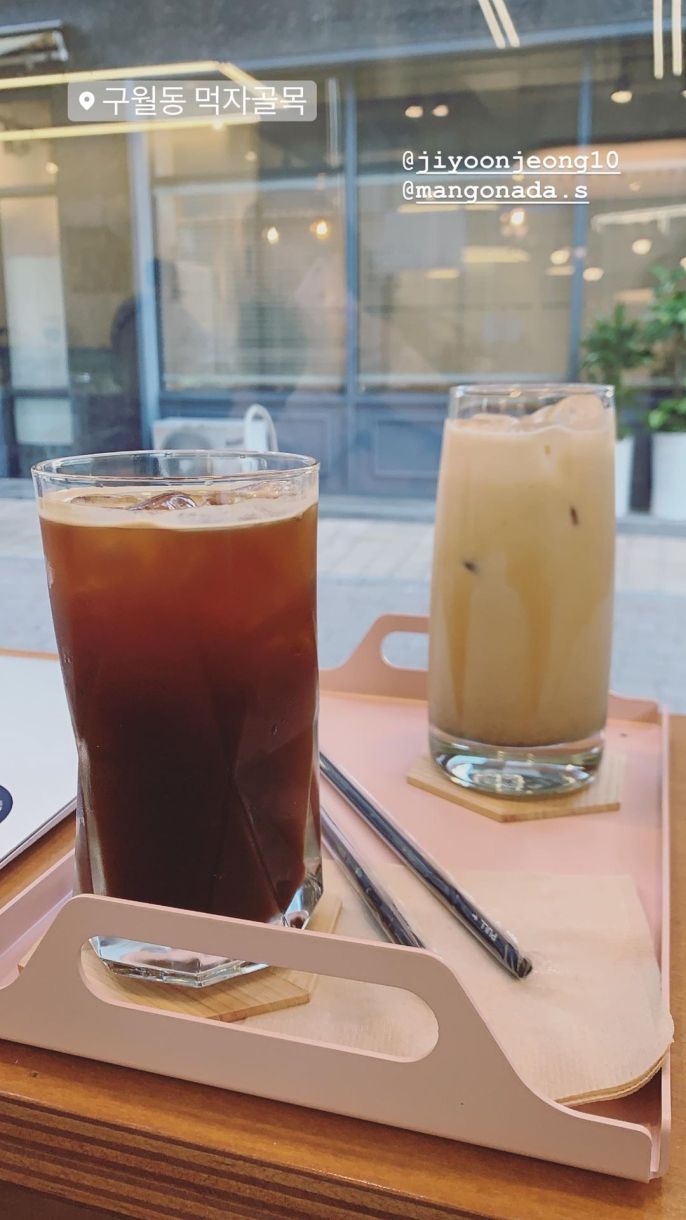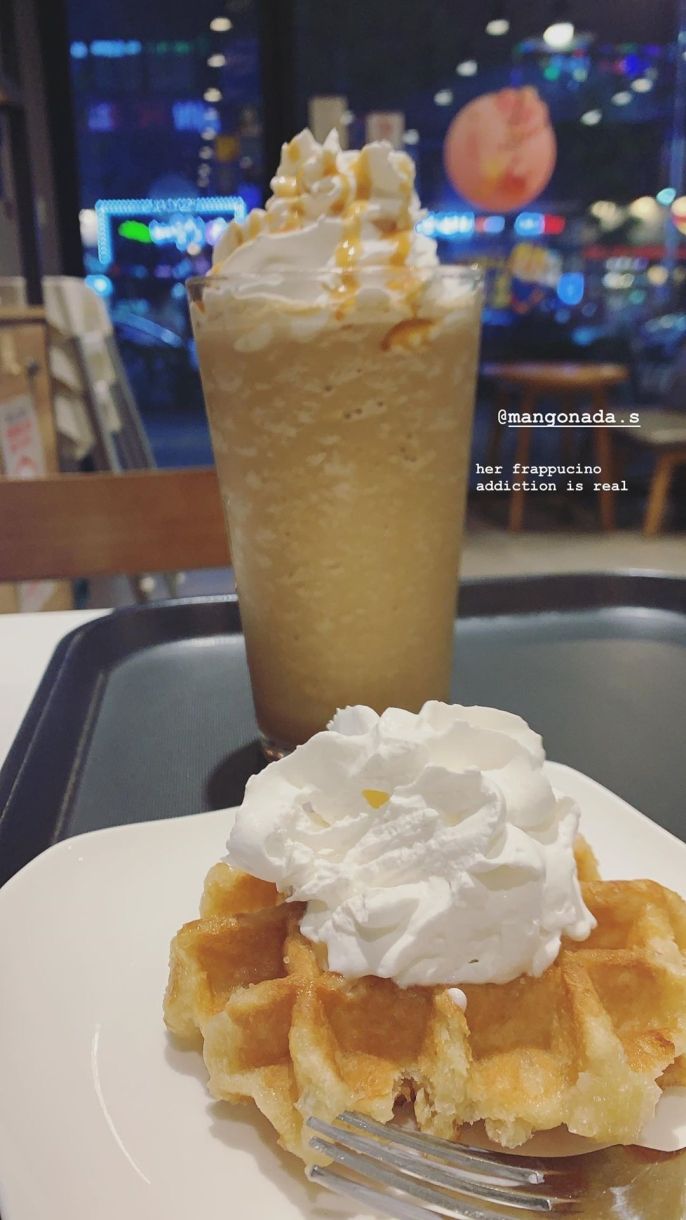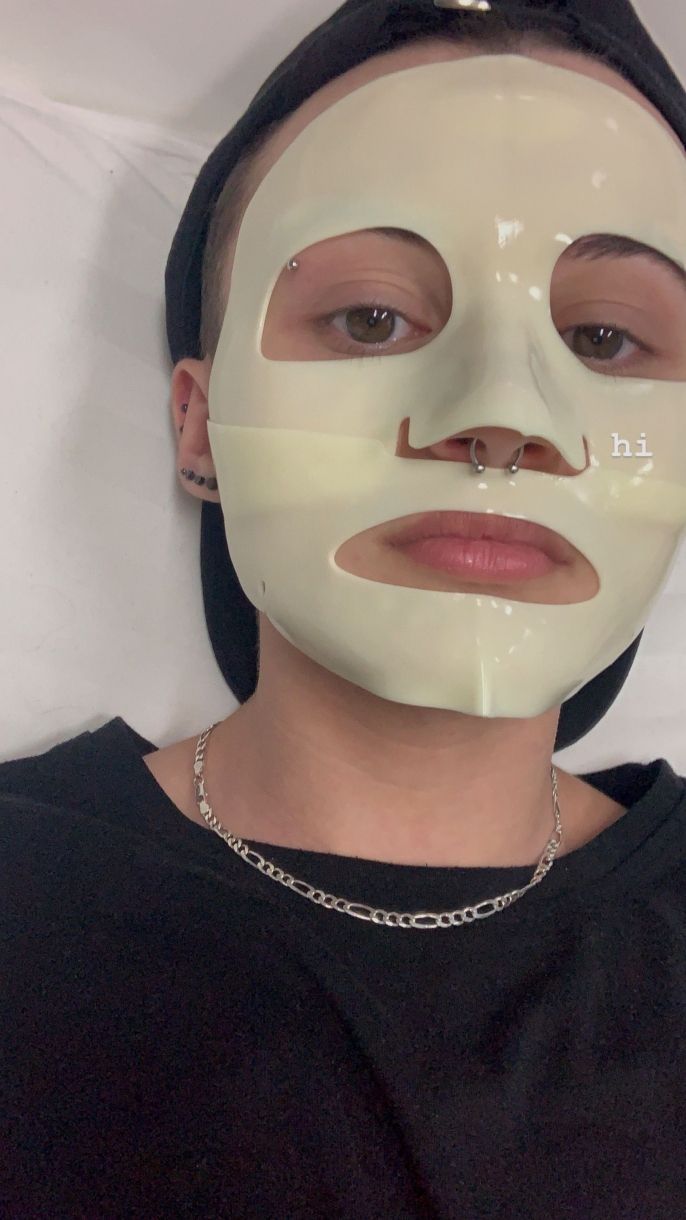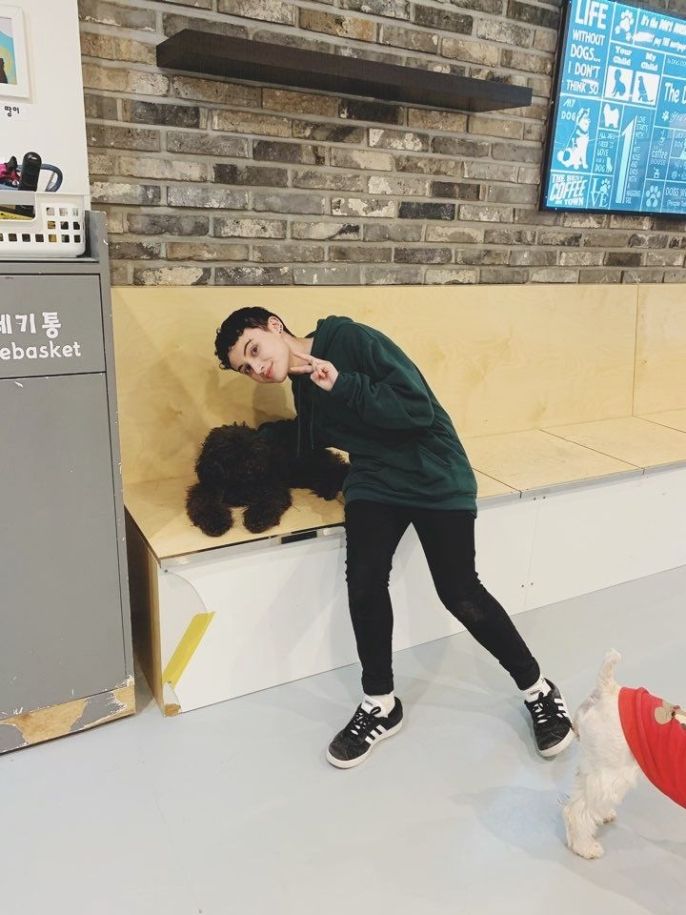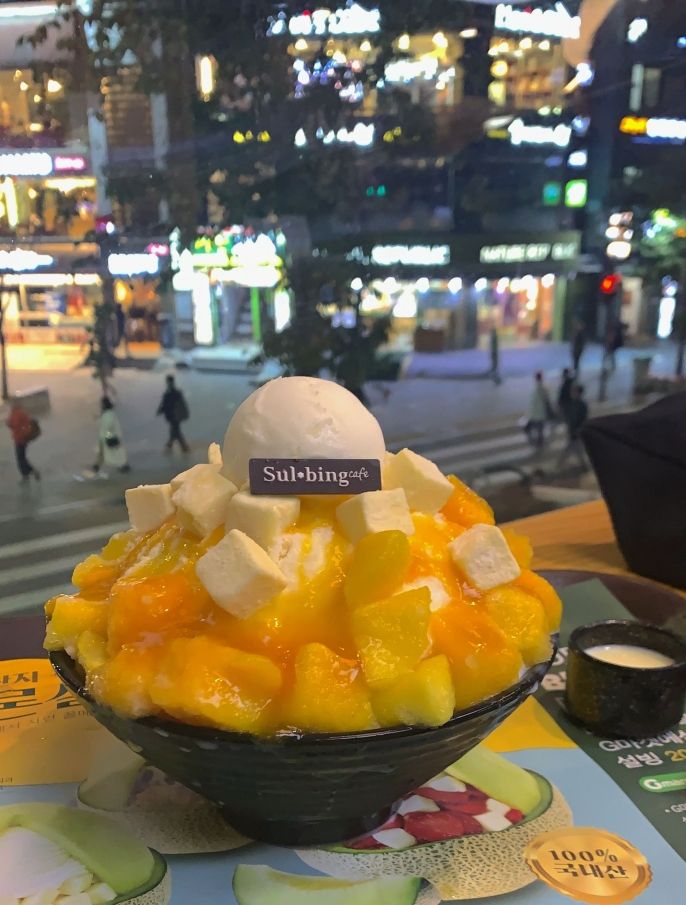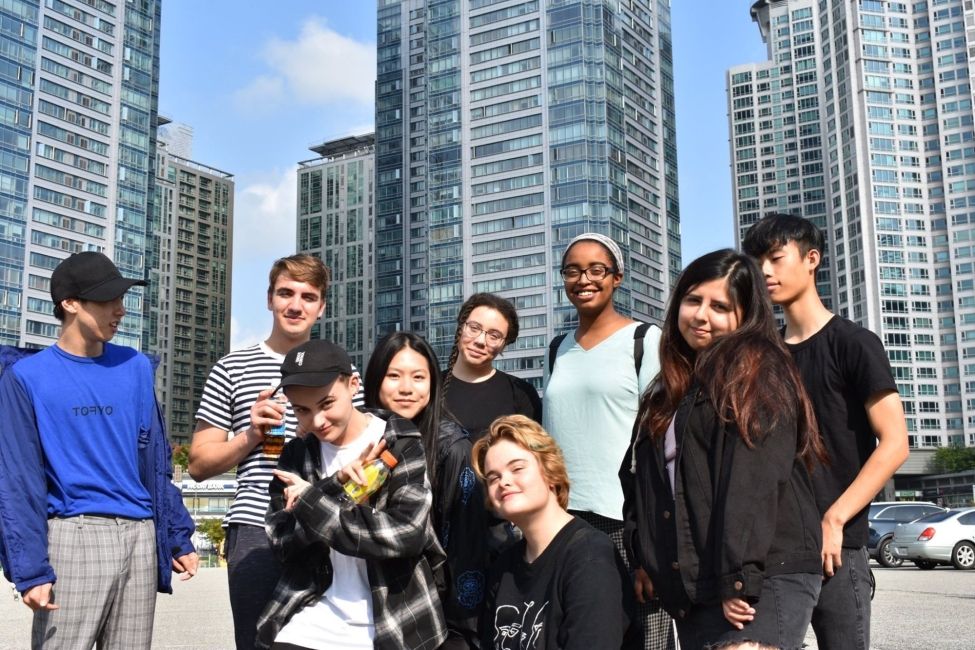20 Tips on Korean Culture for Foreigners
(Above: A photo reel of all of the things I've been doing in Korea. There's text on some of the images because they were originally posted on my Instagram.)
It’s midterms week and I’ve been studying in Korea for two full months. Despite having experienced different aspects of Korean culture, the time has felt like it passed quickly. For midterms, I wanted to compile a list of cultural differences between Korea and the United States — some, which might show how easily amazed I am by other lifestyles, and others which make life in Korea a bit of a cultural adjustment!
10 cultural differences between Korea and the United States include:
- Bowing to show respect
- Removing shoes before entering a home
- No need to push cross-walk button
- No toilet paper/soap in bathrooms
- No paper towels
- Most people use shower sandals
- Hand wipes are provided at meals
- Eating at convenience stores
- Locals may stare at foreigners
- Different beauty standards
& more! Read on!
1. Bowing to Show Respect
To show politeness toward elders in Korea, you should bow when greeting and saying goodbye.
2. Removing Shoes
It’s a basic custom to remove your shoes before entering a home. House slippers are thus common.
3. No Need to Push Cross-Walk Button
Crosswalks in Korea turn green at designated times, which means there’s no need to press the cross-walk button, which is only for handicapped persons. Korea also has an abundance of handicap-only restrooms, which are not intended to be used by those who do not need the extra accessibility.
4. No Toilet Paper/Soap in Bathrooms
In some bathrooms, particularly outside of Seoul, there is no toilet paper and/or hand soap. I've learned to always try to keep tissues and hand sanitizer in my bag! (But hand sanitizer seems to be a little harder to find in Korea, so maybe consider packing a good amount with you before arriving here.)
5. Paper Towels are Rare
It’s rare to find paper towels to dry your hands in Korea, as there are often only hand drying machines. It's great to see how Korea seems to be caring for the environment in this way!
6. Shower Sandals
Bathrooms in Korea are different than those in the US. Water gets everywhere when you shower, so most people use shower sandals, even in their own homes.
7. Hand Wipes Before Meals
At most restaurants, and even at coffee shops, it’s typical that servers will give you a hand wipe with your purchase to use before, and sometimes an extra one for after, your meal. Restaurant culture is different in Korea, as most tables have a button for you to press when you want the server to come to your table. There is always water and cups for you to pour yourself, and sharing certain dishes among everyone at the table is common as well. There is no tipping culture.
8. Convenience Store Food
To save money in Korea, some days I try to buy most of my food at convenience stores. GS25, CU, and 7/11 are the common stores that you’ll find throughout Korea, which sell a variety of food for a cheap price! They often even have 1+1 and 2+1 deals, which are the equivalent of buy one/buy two get one free deals in the US.
9. Some People May Stare
Being in public as a foreigner often means getting stared at a lot. In Sinchon, there’s an abundance of foreigners, so locals don’t really care about seeing them. However, on the subway, especially heading outside of Seoul, it’s more common that being a foreigner makes me stand out more. It’s mostly people of the older generation and younger children who have been less exposed to foreigners that stare. Once, in a bookstore in Busan, I had a little boy look up at me and verbally express his surprise, which was pretty amusing and cute. Though it can be intense at times, I don’t mind being stared at in public and have never felt unsafe by it.
10. Different Beauty Standards
A lot of Koreans care about their appearance more compared to those in the US. For example, people often apply makeup in the middle of coffee shops and brush their teeth in public bathrooms. However, since Korea is a homogenous society, there seem to be only a few fashion styles that everyone follows closely to fit in.
Read more: Study Abroad in South Korea: The Ultimate Guide - CIEE
11. Different Aesthetics
There is an alternative scene in Hongdae and Itaewon, wherein Koreans have tattoos and piercings and dress more like the Western goth and punk scene. Personally, this is one of my favorite things about living in Seoul, as I love getting inspiration for my look from others' aesthetic appearances!
12. "Korean Time"
While, compared to Koreans, Americans are typically late (which took me aback because, in the US, I’m a pretty punctual person), “Korean time” is the idea that whatever time a Korean intends to meet at, it is 10 minutes after that.
13. Don't Say bless You
Koreans don’t say bless you when others sneeze.
14. Koreans Don't Hold the Door
Koreans also don’t hold the door open for people. Keep in mind that it might hit you, and this isn't out of rudeness.
15. Public Transit and Streets are Packed
Because Seoul is so densely populated, public transportation and even walking on the street is a very closely packed and fast environment. On buses, passengers scan their cards before they get off so that exiting will be quicker. Also, the notion of personal space in Korea is much different than in the US. I’ve had a waiter at a restaurant physically touch one of my tattoos to ask me about it instead of pointing, which in the US would be invasive, but was very innocent when done here.
16. Don't Sit in Marked Seats on Transit
On public transportation, some seats are marked for people of the older generation and pregnant women. Do not sit there.
17. Trash Cans are Rare to Find
Finding trash cans is hard and Korea can be a little strict on what trash goes where, which is great for the environment but can be confusing at first. In Seoul, the streets are relatively clean of trash. I’ve even seen people pick up trash they see on the ground, even if it wasn’t theirs, which is both admiring and shocking to witness.
18. Dating Culture is Huge
Couples in Korea are much more visible than those in the US and it can be intense! The dating culture is huge and if you’re single, it’s hard to ignore. A lot of couples will have matching outfits. They also keep track of how long they’ve been together by the day, and celebrate milestones such as 100 days together.
19. Different Texting Culture
Koreans have a different culture when it comes to texting. In the US, it is much more appropriate to leave someone's message on read. It’s good to be aware of this so that you don’t come off as rude or simply uncaring online.
20. Deodorant is Hard to Find
East Asians, in general, do not need to use deodorant and therefore buying deodorant can be harder to find while here. Bath towels are also much smaller.
These are only my observations while living in Korea so far. As a foreigner in another country, it's been valuable for me to acknowledge these cultural differences and accept them how they are. It’s helped me to understand another person's intentions, especially when their actions haven’t directly translated into my own culture.
Related Posts
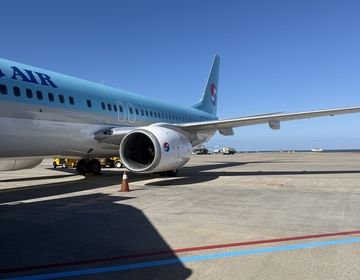
Soul Searching in Seoul: Everything I Learned and What I Wish I Knew
Before I start crafting my “study abroad changed me” answers for friends and family, here are the practical things I wish I’d known. The things that would’ve saved me time... keep reading

A Seoul Escape to Bukhansan
Get out of the hustle and bustle of Seoul and head to the peak of Bukhansan!
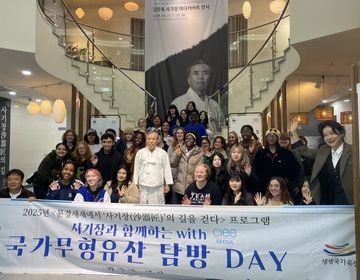
My Time in South Korea Attending Yonsei University: A Life-Changing Chapter
By: Zahrraa Al-Salman Studying abroad had always been a dream of mine—an opportunity to step outside of my comfort zone, immerse myself in a new culture, and deepen my understanding... keep reading
